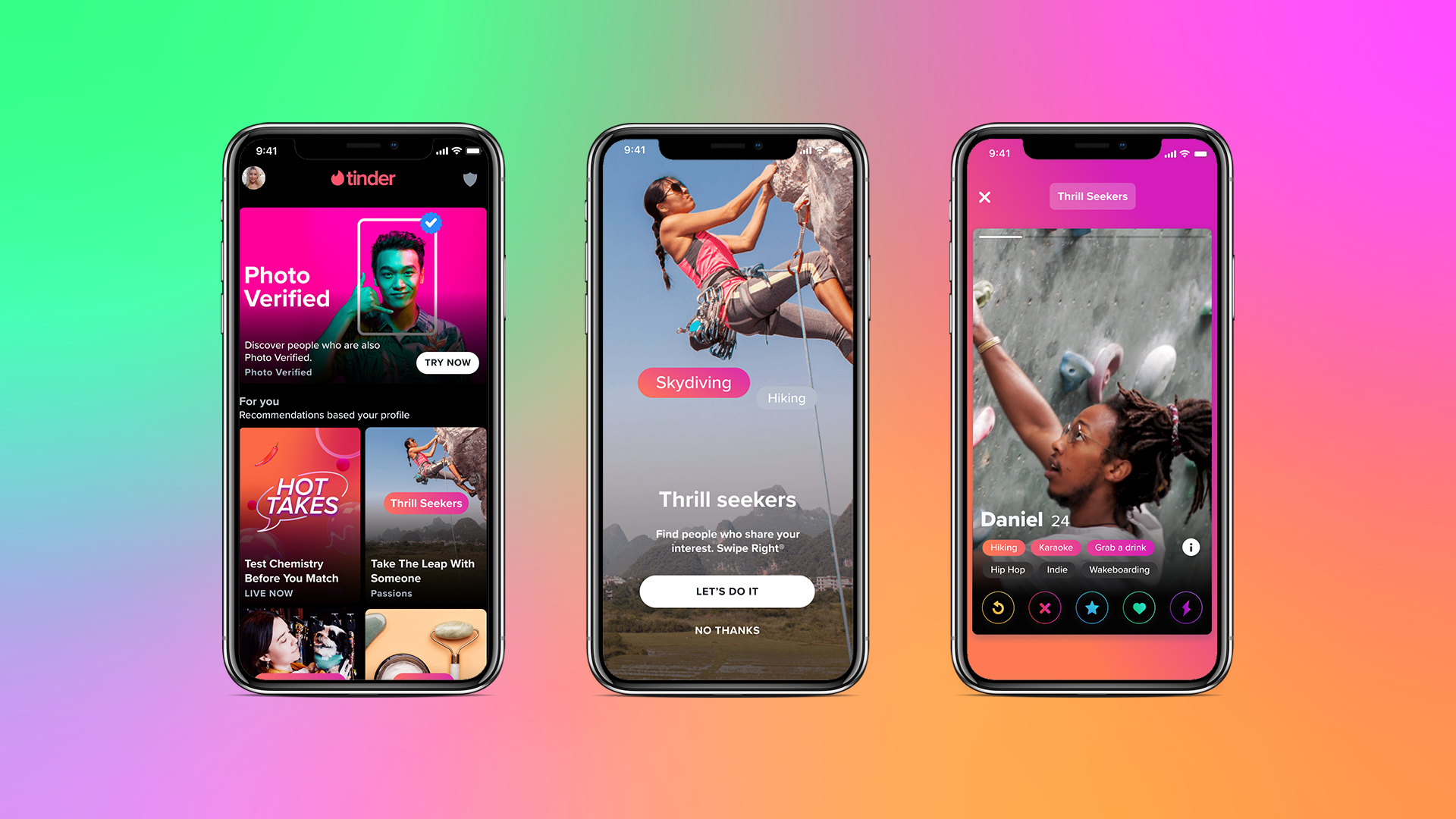How did the production come about?
In 2006, we created Mobile with artists from Japan, Thailand, the Philippines and Singapore. It opened at the Singapore Arts Festival and in 2007, it toured to Setagaya Public Theatre, Tokyo. It went well and we knew one day we will work with Japan once again. By 2012, we were ready.
Describe some of the themes in the play.
Human beings desire identity and are attracted to join groups and movements and by default, citizens of a country. Yet after some time, while some become loyalists, nationalists, imperialists or fascists, others end up feeling limited and restless. They resist the traits that initially provided the identity they so desired. The identity is then contested when it can no longer include new elements. The group becomes exclusive, closed and determinate.
You sound like a nostalgic person. Are you?
Yes I am a very nostalgic person but I train myself to historicize instead. It’s not easy but it’s interesting and more beneficial to do that. Mobile 2: Flat Cities is a work that historicizes the relationship between Japan and Southeast Asia. So instead of romanticizing the past, we juxtapose the past with the present to envision a future we can then invest in to build towards.
How’s it like working with artists based in different location coming together?
Fortunately, we started in September last year when we went to Tokyo for a workshop with our Japanese counterparts. Playing together, sometimes without translation helped us to find ways to relate to one another outside of language. Being artists, there are some common sensibilities like mutual respect.
How are our local artists different from them?
The Japanese read the script through a different cultural lens. Because they are less attuned to the politics in Malaysia, they read a scene differently from our local actors. So discussions help clear things up. Generally, Singaporean and Japanese actors love to work. They share similar work ethic and friendships develop through the work..
Do you think the out-of-bound markers restricting theater have been lifted? If not, how far have we progressed?
We’ve come a long way. Although we are still being regulated, it’s a different scene from what we had say, five years ago. Today, we have an advisory system. I believe the conservatives among us have every right to be protected. Let’s share the space. So perhaps with advisory and rating, we can warn each other of the content of the work.
Where do you see yourself five years from now?
I see myself creating more meaningful and challenging intercultural work in all realms of theater-making.
Mobile 2: Flat Cities runs from Aug 28-Sept 9 at The Necessary Stage Black Box. Tickets go for $30 from SISTIC.





